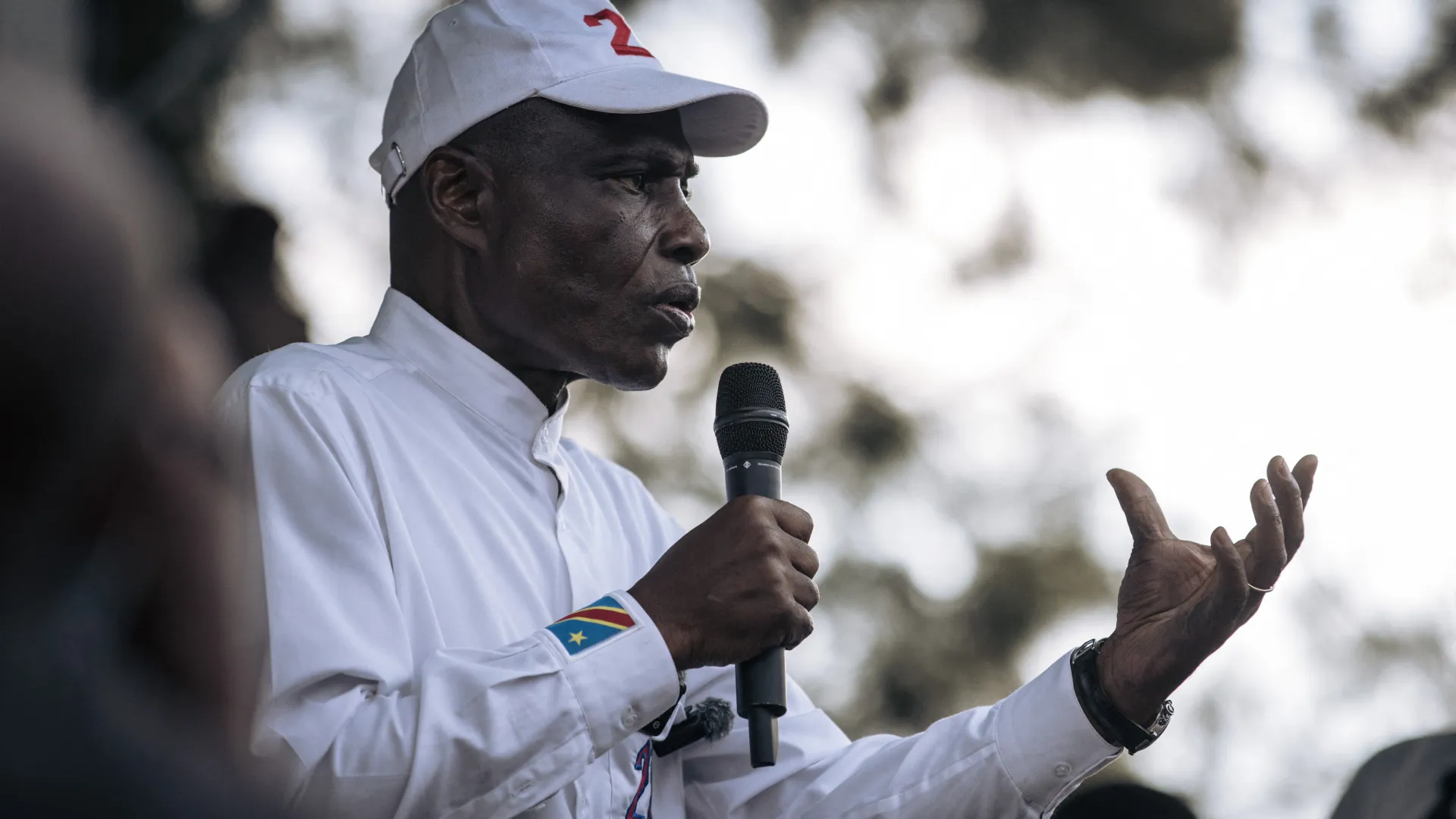This decision comes after the National Assembly adjourned for its parliamentary recess on June 15, and the Senate has yet to establish a permanent bureau, with the current interim bureau having limited legislative authority.
Dieudonné Bolengetenge, Secretary General of Ensemble pour la République, shared insights into the ongoing discussions among opposition members.
These discussions are expected to culminate in the adoption of the draft internal regulations, a crucial step in the process of selecting the opposition’s spokesperson.
“The national deputies are on parliamentary vacation, and the Senate, the other chamber of parliament, has not yet established its permanent bureau.
With the provisional bureau, their focus is limited to validating powers, drafting, and adopting internal regulations, and electing and installing the permanent bureau.
These combined factors prevent further progress. The draft internal regulations remain in the hands of the opposition parties involved in the process.
Our elected representatives will first formally adopt the internal regulations and then submit them to the bureaus of the two parliamentary chambers, requesting a meeting to designate the opposition’s spokesperson in accordance with the law,” explained Bolengetenge to ACTUALITE.CD on July 3, 2024.
According to Article 19 of Law No. 07/008, the spokesperson must be chosen within thirty days following the government’s investiture.
Bolengetenge also revealed that some extra-parliamentary opposition parties have decided to join the process to contribute to the internal regulations project.
“Among us stakeholders, we continue to exchange, discuss, and see if there can be any changes to the project.
We also welcome other parties not represented in the two parliamentary chambers but who share our viewpoint on this issue and wish for the opposition to have a spokesperson during this legislature, as required by law.
Although a significant portion of the non-parliamentary opposition does not want to participate in the process, there are opposition party leaders who have embraced the idea,” added Bolengetenge.
Since the adoption of the constitution on February 18, 2006, the Congolese political opposition has struggled to appoint a spokesperson, often blaming the government or the majority for not convening the plenary session necessary for the spokesperson’s designation.
In his inaugural speech, President Félix Tshisekedi acknowledged the role and importance of the opposition in a democracy and promised to ensure the opposition could appoint a spokesperson.




